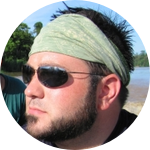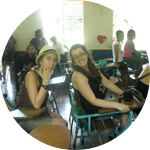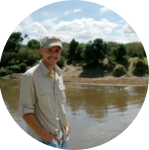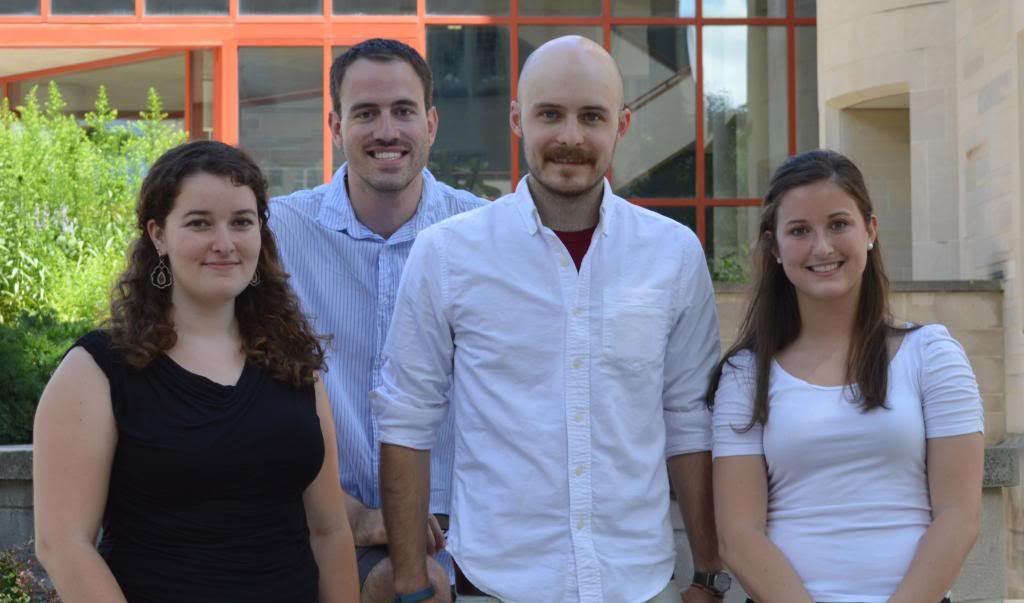About This Project
Help us contribute to primate conservation by preventing the spread of human infectious diseases to monkeys! We want to better understand the risks of disease transmission from tourists visiting South Africa to Chacma baboons indigenous to the region.
Ask the Scientists
Join The DiscussionWhat is the context of this research?
We want to understand infectious disease risks to both tourists and Chacma baboons (Papio ursinus) when the two groups are brought together through tourism. Many wild primate populations have been decimated by diseases transmitted by humans, and many pathogens are transmitted from wild primates to humans, including immunodeficiency viruses and malaria. By conducting surveys of tourists at the Cape of Good Hope Nature Reserve, South Africa, we can better understand tourist health status, motivations regarding environmental behaviors, their knowledge of environmental problems, their willingness to take risks, and their affinity for wildlife. Each of these factors can influence disease transmission.
Results from this study can lead to the development of practical interventions to minimize the possibility of disease in these baboons, as well as other primates across the globe. It is our hope that policy statements and other publications that result from this research will help shape conservation efforts in South Africa and elsewhere.What is the significance of this project?
Previous research from our group in both Borneo and Japan highlights the biological and behavioral risks of disease transmission between tourists and primates. We found that tourists often showed symptoms of infectious disease, and many were either not vaccinated against major diseases such as influenza, tuberculosis, and hepatitis, or didn't know their current vaccination status. While the majority of tourists believed that humans could give diseases to primates, many tourists would still feed monkeys and apes at the nature reserves if given the opportunity. This is a bad idea!
Because tourist demographics (and therefore, beliefs and knowledge) vary from site to site, we want to add South Africa to our previous work in Asia. While Chacma baboons are not currently threatened or endangered, tourism at Cape Point continues to increase rapidly, making this context of human and monkey interaction in South Africa ideal for surveying.
It's important for the health of apes and monkeys (often endangered or threatened species) that we understand and manage sources of pathogen transmission. As ecotourism becomes more popular, we must gather this information quickly but thoroughly, so that effective intervention (like masks for symptomatic tourists) can be implemented as soon as possible.
What are the goals of the project?
Funds will be used for five roundtrip airline tickets (between Indianapolis, USA and Cape Town, South Africa) for myself and 4 of my graduate students. We will spend two weeks at Cape Point where we will use electronic tablets to survey 1000 tourists about their travel health knowledge, attitudes and practices, health status, opinions on ecotourism, and motivations for primate tourism.
This research is an excellent training opportunity for students interested in public health, conservation, and anthropology.
Results of this project will be published in scientific journals, and presented at professional meetings and elsewhere. We also intend to use these data to draft policy statements to improve primate conservation in South Africa.
Budget
We need 5 roundtrip airline tickets (Indianapolis to Cape Town) for myself and 4 graduate students ($1500/ticket x 5 = $7500) to conduct the survey of 1,000 tourists.
Meet the Team
Affiliates
2004 Yale University, PhD, Biological Anthropology
2002 Yale University, MPhil, Biological Anthropology2000 Tulane University, MsPH, Tropical Medicine and Biostatistics
1998 Northwestern University, BA, Anthropology and Environmental Sciences
Team Bio
My research interests are focused primarily on various aspects of the biology and ecology of infectious diseases, including the human and non-human primate physiological adaptations to these diseases as well as the impact of environmental change on zoonotic disease transmission, specifically between human and non-human primate populations.This involves assessment of primate disease ecology primarily within the context of ecotourism. Human encroachment into previously un-impacted forest is believed to be partly responsible for various emerging infectious diseases. Encroachment into these areas can facilitate disease transmission from animal to human not only through increased initial contact between the two, but also from elevated population densities of animals confined to smaller tracks of forest. In addition to work with orangutans in Borneo and macaques in Japan, I have also conducted parasitological analyses on wild chimpanzee, sifaka, baboon, and vervet populations in the past.
You can read more about my interests and the work of our lab here
Michael Muehlenbein
My research interests are focused primarily on various aspects of the biology and ecology of infectious diseases, including the human and non-human primate physiological adaptations to these diseases as well as the impact of environmental change on zoonotic disease transmission, specifically between human and non-human primate populations.
This involves assessment of primate disease ecology primarily within the context of ecotourism. Human encroachment into previously un-impacted forest is believed to be partly responsible for various emerging infectious diseases. Encroachment into these areas can facilitate disease transmission from animal to human not only through increased initial contact between the two, but also from elevated population densities of animals confined to smaller tracks of forest. In addition to work with orangutans in Borneo and macaques in Japan, I have also conducted parasitological analyses on wild chimpanzee, sifaka, baboon, and vervet populations in the past.
You can read more about my interests and the work of our lab here
Project Backers
- 16Backers
- 12%Funded
- $895Total Donations
- $55.94Average Donation







